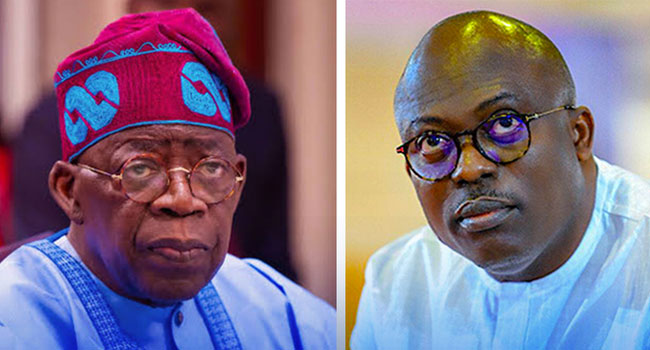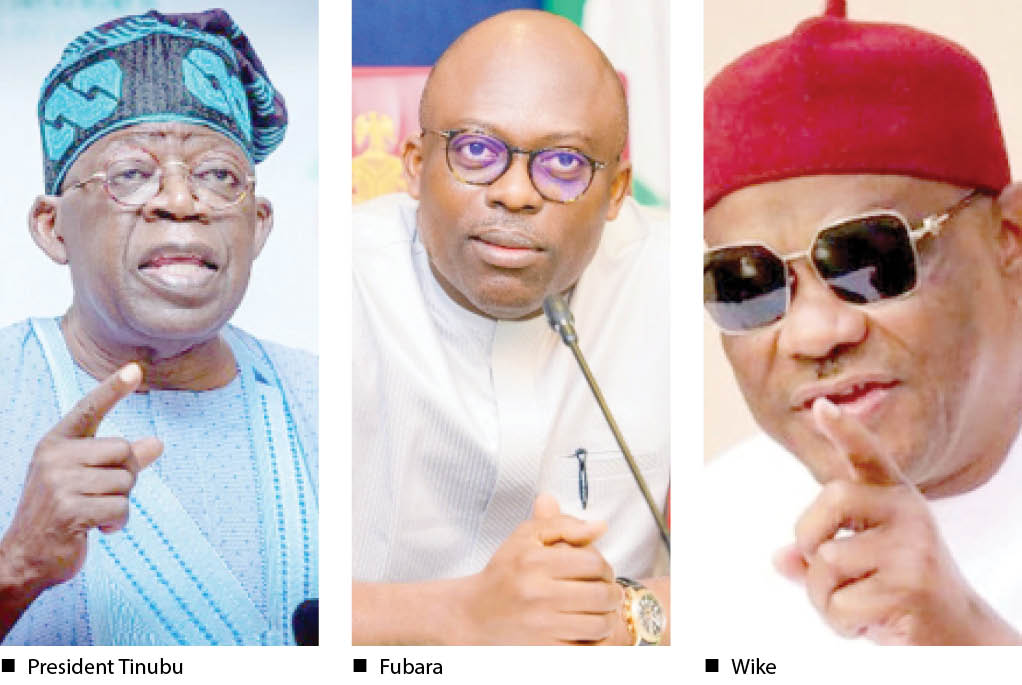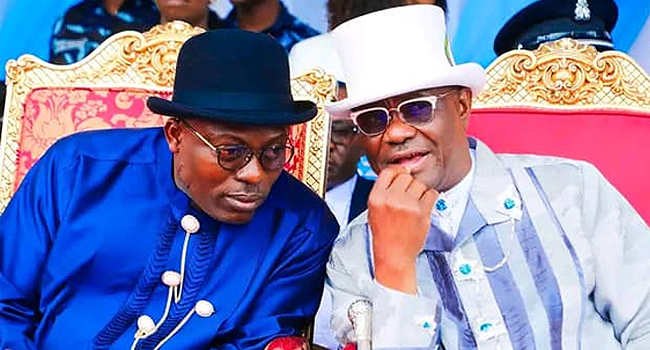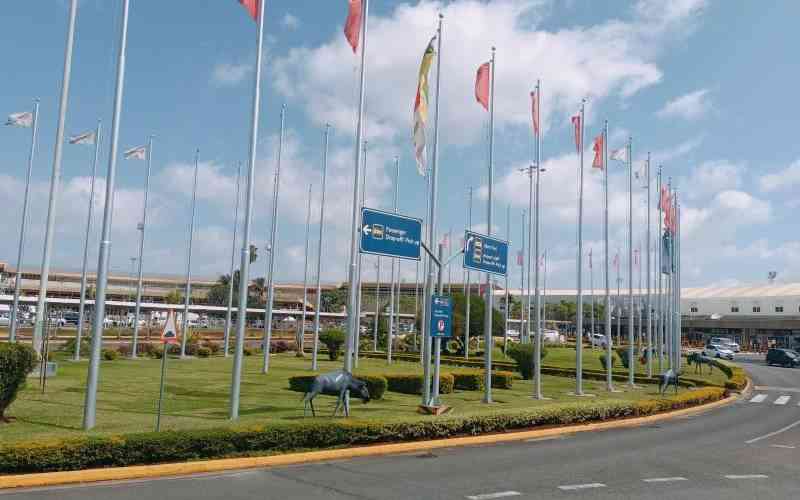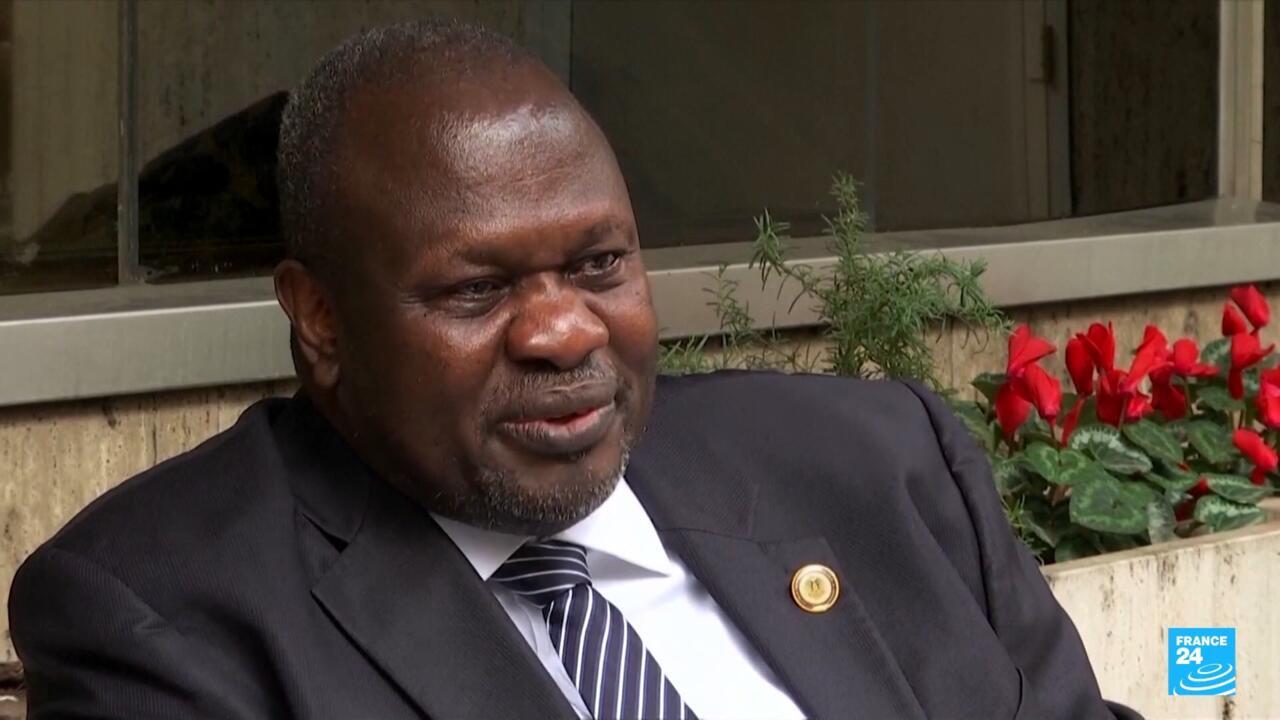President Tinubu signs anti-doping bill and considers state of emergency
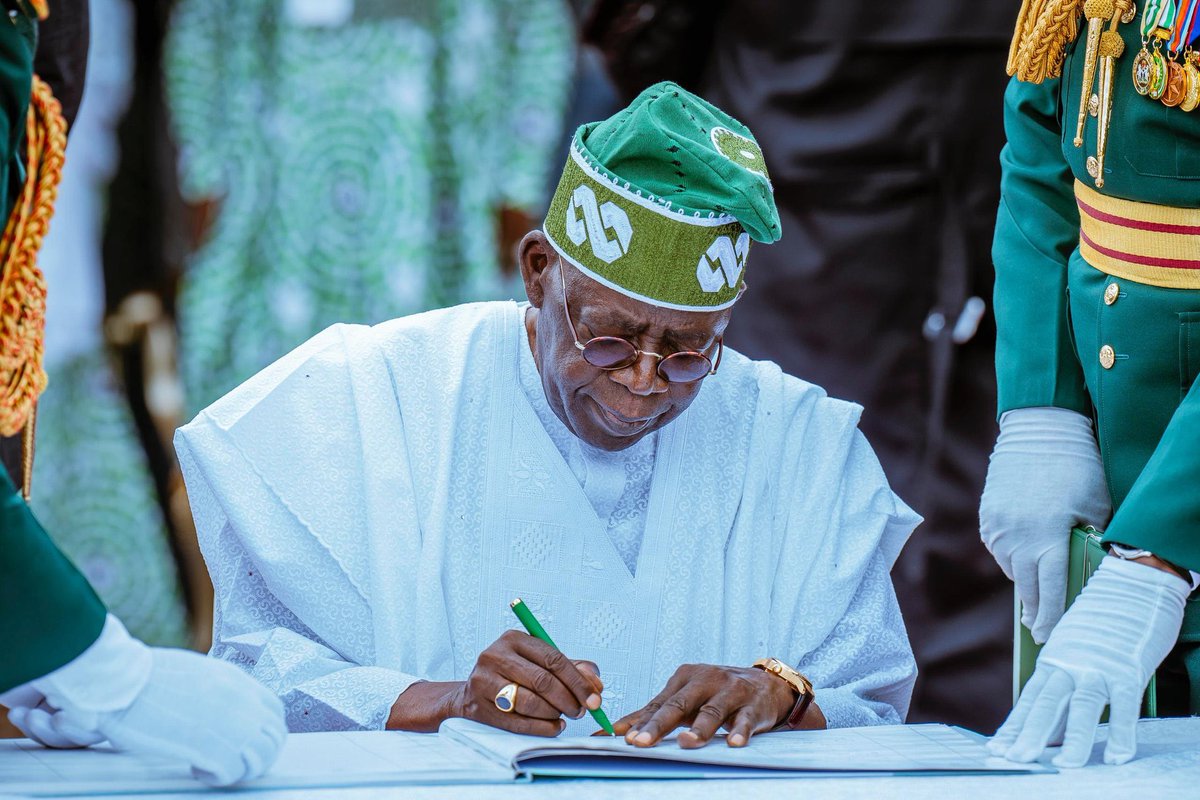
President Bola Ahmed Tinubu has recently taken decisive steps in Nigerian governance by signing into law several significant pieces of legislation and declaring a state of emergency in Rivers State. These actions underscore his administration's commitment to national development, integrity in sports, and strategic political management.
On Tuesday, President Tinubu signed the Nigerian Anti-Doping Bill 2025 and the South-West and South-South Development Commission bills into law. According to Senator Basheer Lado, the Special Adviser to the President on Senate Matters, this reflects President Tinubu’s dedication to inclusive governance and equitable progress.
The Anti-Doping Bill aims to regulate the use of performance-enhancing substances in sports, reinforcing Nigeria's commitment to fairness and integrity on the global stage. This legislation is a bold step towards ensuring that Nigerian athletes compete cleanly and ethically, aligning with international standards and promoting a culture of fair play.
The establishment of the South-West and South-South Development Commissions is geared towards fostering regional empowerment, economic expansion, and infrastructural excellence. These commissions are expected to catalyze industrial growth, create jobs, and promote social advancement across these regions. President Tinubu’s administration envisions these commissions as key drivers in ensuring that the benefits of progress reach every corner of Nigeria.
In a dramatic turn of events, President Tinubu declared a six-month state of emergency in Rivers State, a move with profound political implications, particularly for Governor Siminalayi Fubara and his predecessor, Nyesom Wike. This action addresses escalating political unrest and pipeline vandalism, reshaping the power dynamics within the state.
The political crisis in Rivers State has been marked by a feud between Governor Fubara and factions within the State House of Assembly, largely loyal to former Governor Wike. The assembly initiated impeachment proceedings against Fubara, citing issues related to budget presentations and legislative composition. Simultaneously, incidents of pipeline vandalism, including a fire on the Trans Niger Pipeline, have raised serious concerns about the state’s stability and economic security.
By declaring a state of emergency, President Tinubu has effectively suspended the governor, deputy governor, and state lawmakers for six months, appointing retired Vice Admiral Ibokette Ibas as the military administrator. This halts the impeachment process and neutralizes the immediate threat to Governor Fubara’s position, providing him with a critical window to reassess and strengthen his political alliances without the pressure from the legislative arm.
The suspension of the State House of Assembly, dominated by Wike’s loyalists, curtails the former governor’s immediate influence over state affairs. With the legislative body inactive, Wike’s capacity to maneuver politically within the state is significantly reduced. This strategic move underscores a commitment to maintaining stability and curbing potential abuses of power without direct confrontation.
This state of emergency offers Governor Fubara a crucial period to consolidate his political base and address internal conflicts. Freed from immediate legislative challenges, he can focus on building alliances and implementing policies that resonate with the populace, thereby strengthening his position ahead of the resumption of normal political activities.
President Tinubu’s declaration of a state of emergency in Rivers State serves as a multifaceted strategy aimed at restoring order, safeguarding economic interests, and recalibrating the state’s political landscape. It temporarily shields Governor Fubara from political threats while simultaneously diminishing former Governor Wike’s influence, highlighting Tinubu’s adeptness in navigating complex political terrains.
These recent actions by President Tinubu—signing crucial bills into law and declaring a state of emergency—demonstrate a comprehensive approach to governance, addressing both national development and regional political stability. As Nigeria moves forward, these measures are expected to play a significant role in shaping the nation’s trajectory.
